Join Tom Fox as he explores the world of podcasting, and get ready to be inspired to start your podcast. Today, we begin a three-part series on honoring excellence in podcasting and the Agora Awards. In this second episode celebrating the Compliance Podcast Network Agora Awards, host Nick Gallo introduces four guests and hosts of their own podcasts: Mike Volkov, Matt Kelly, Mike DeBernardis, and Karen Woody.
In this episode, we stress the importance of being listenable and engaging rather than rigidly adhering to a set script when discussing compliance issues. Reflecting on experiences from 14 to 15 years ago, it’s clear that a heavily scripted approach can fall short. All our guests agree that a more conversational format resonates better with audiences. We focus on meaningful dialogues, keep episodes concise, typically around 20 minutes, and highlight the value of slowing down and prioritizing listener engagement over extensive, pre-planned talking points.
Key highlights:
- Engaging Podcasting
- Evolution with Compliance Into the Weeds
- Building a Good Conversation
- Podcast Length and Ambitions
Resources:
Matt Kelly
Karen Woody
Mike DeBernardis
Mike Volkov



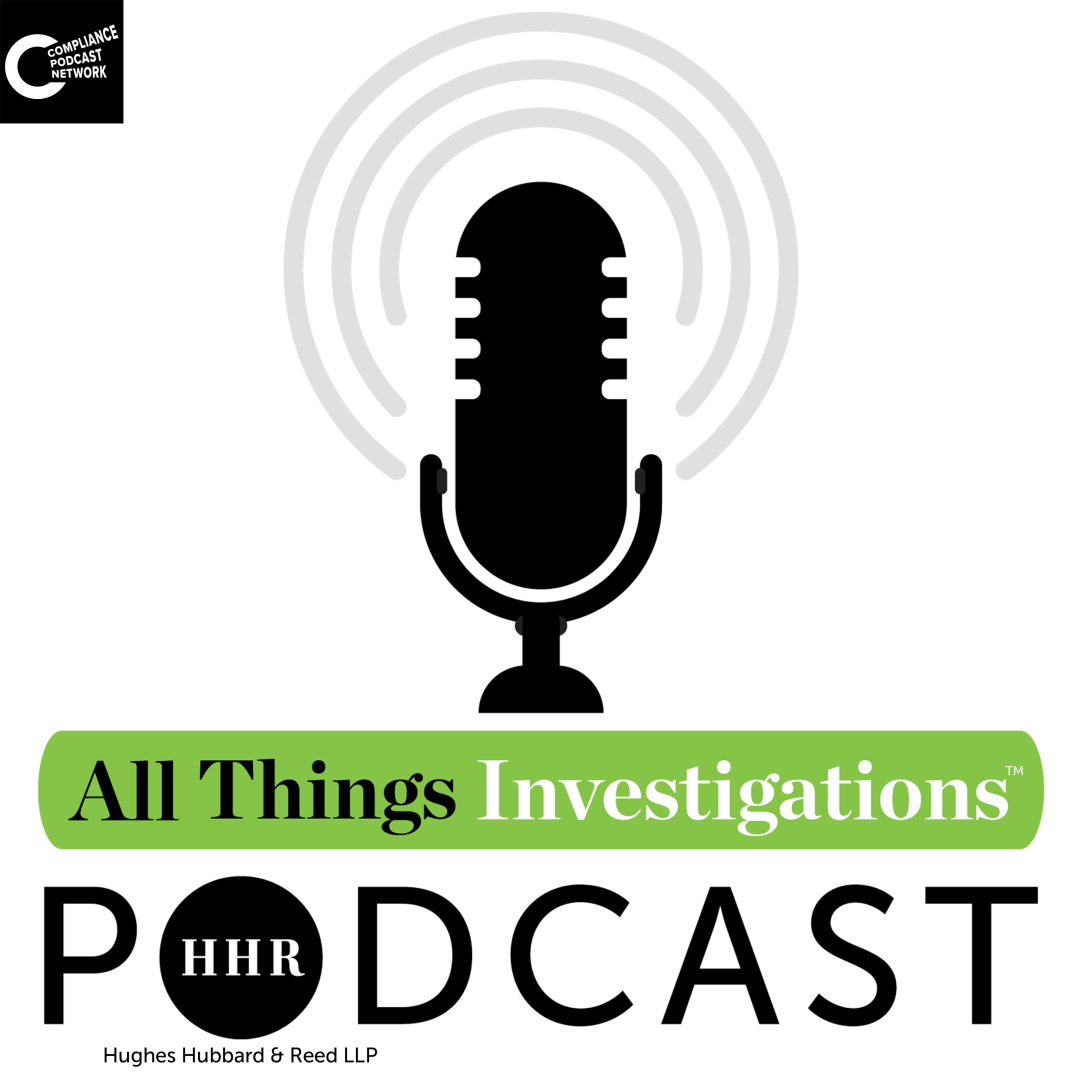
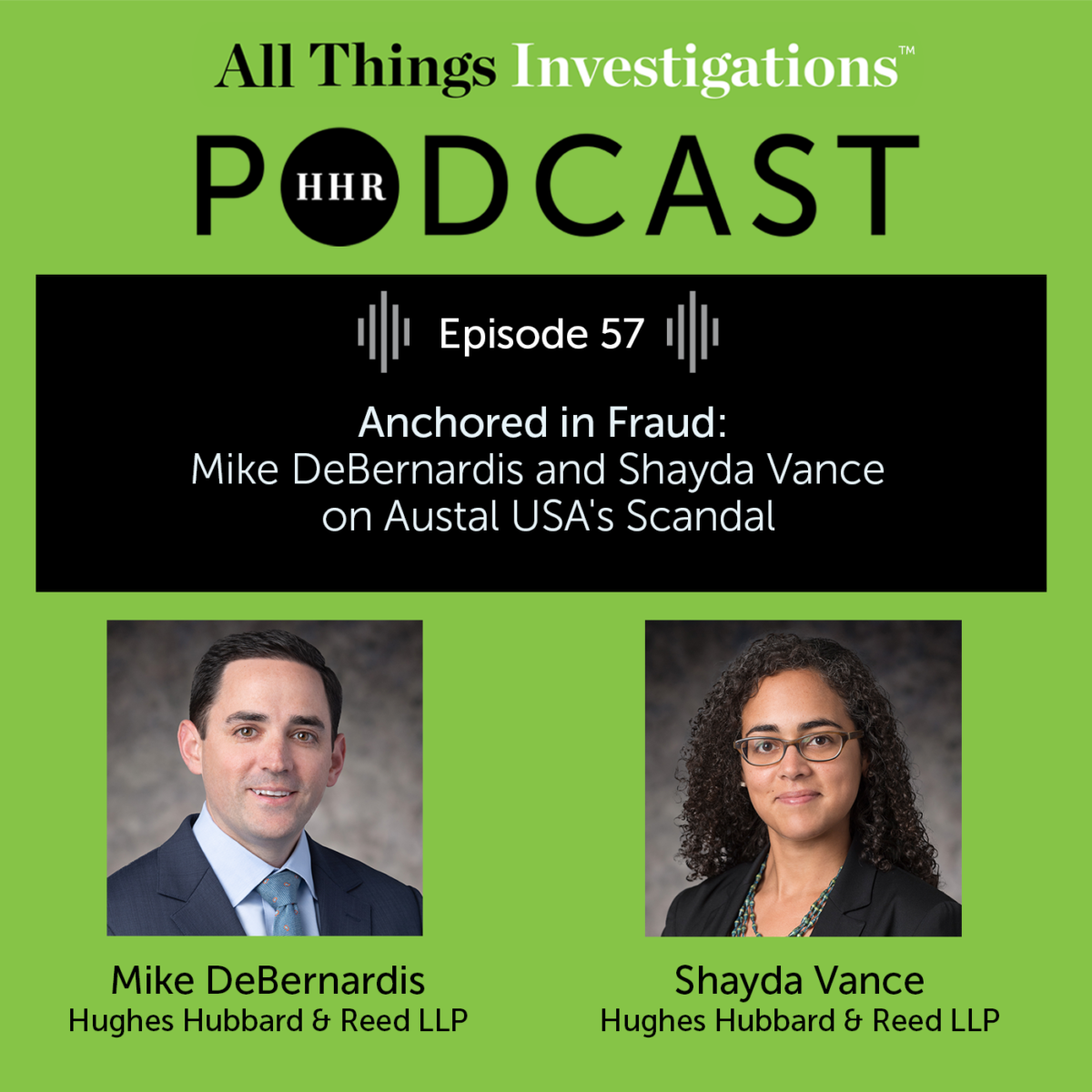
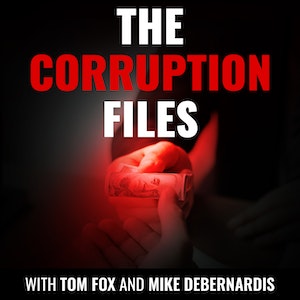
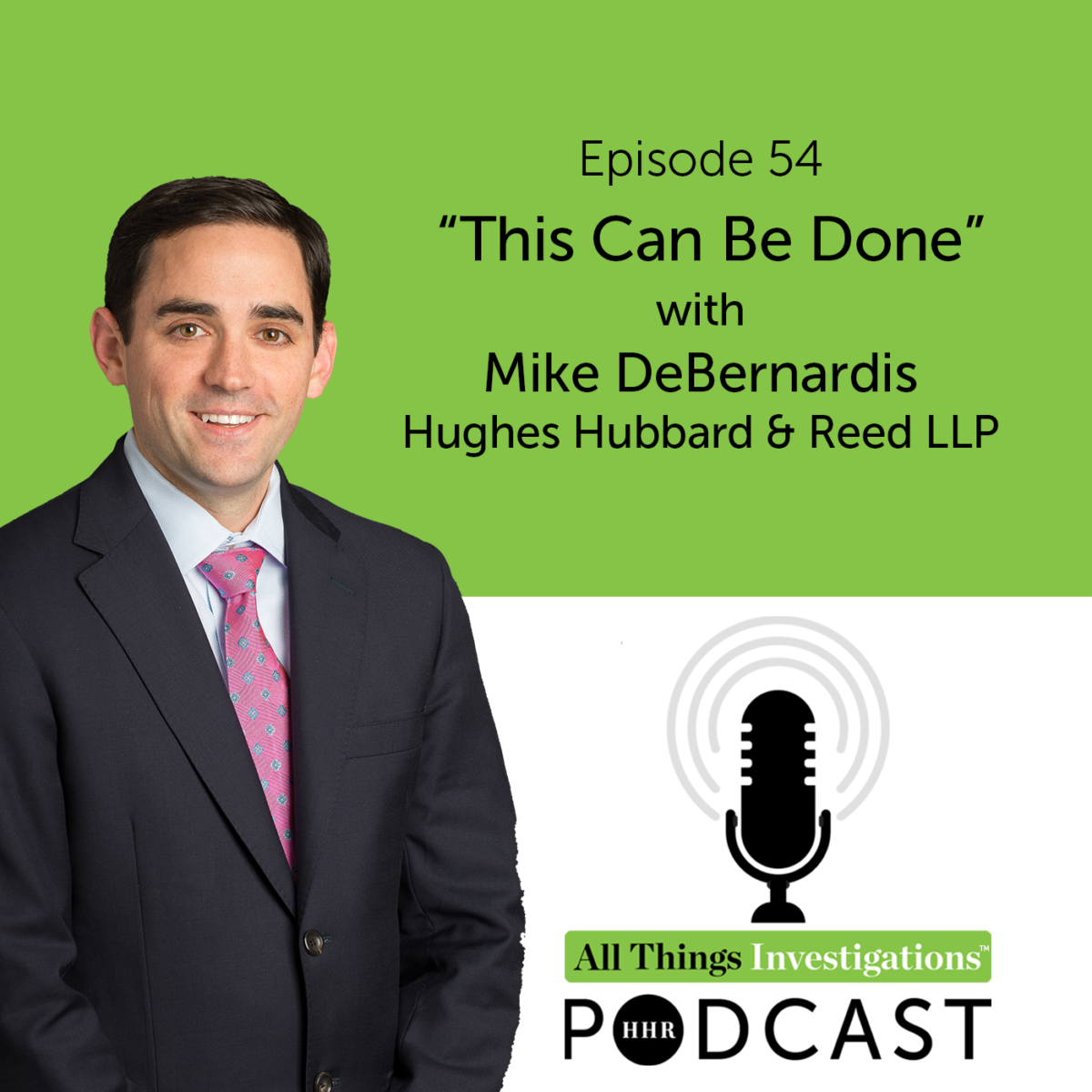
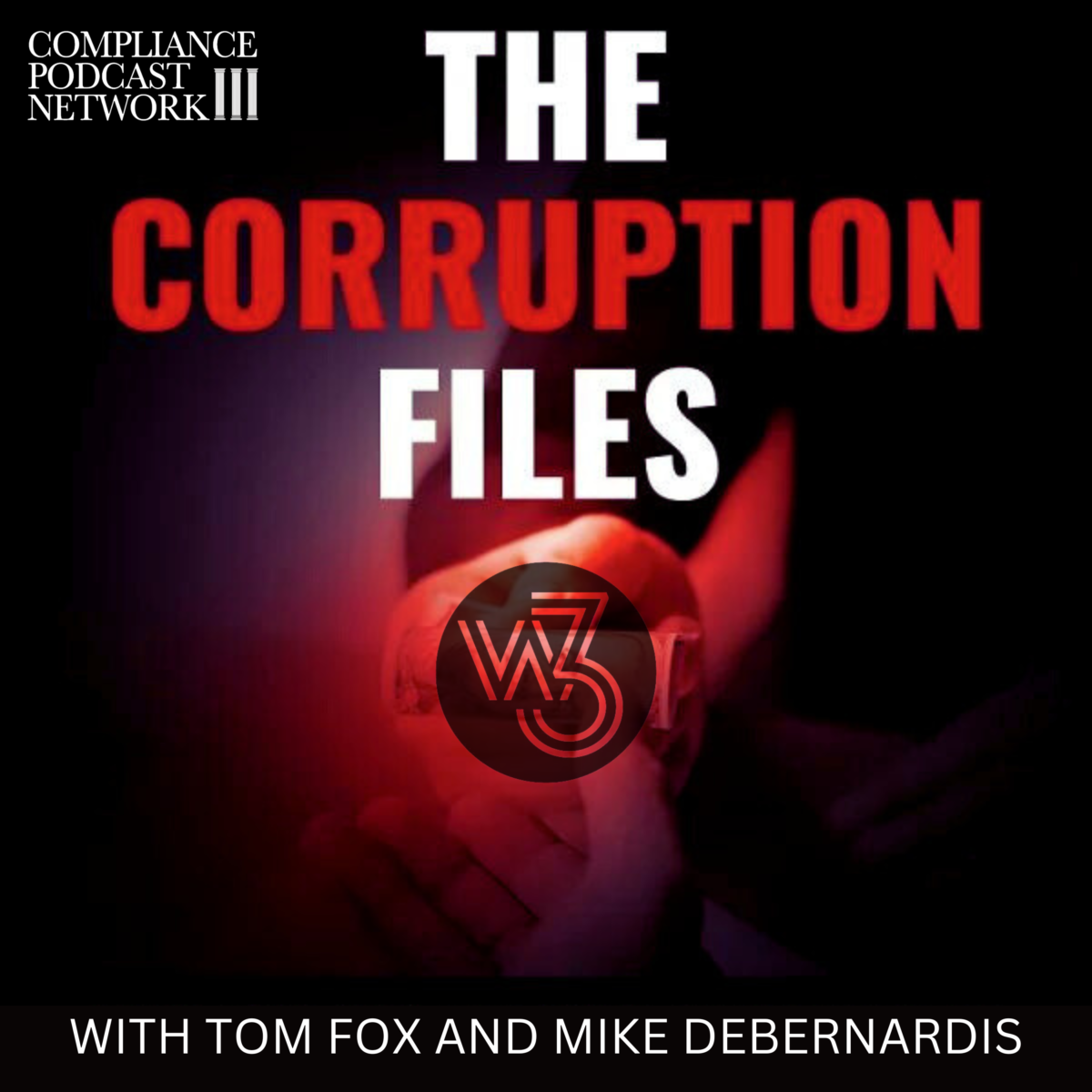
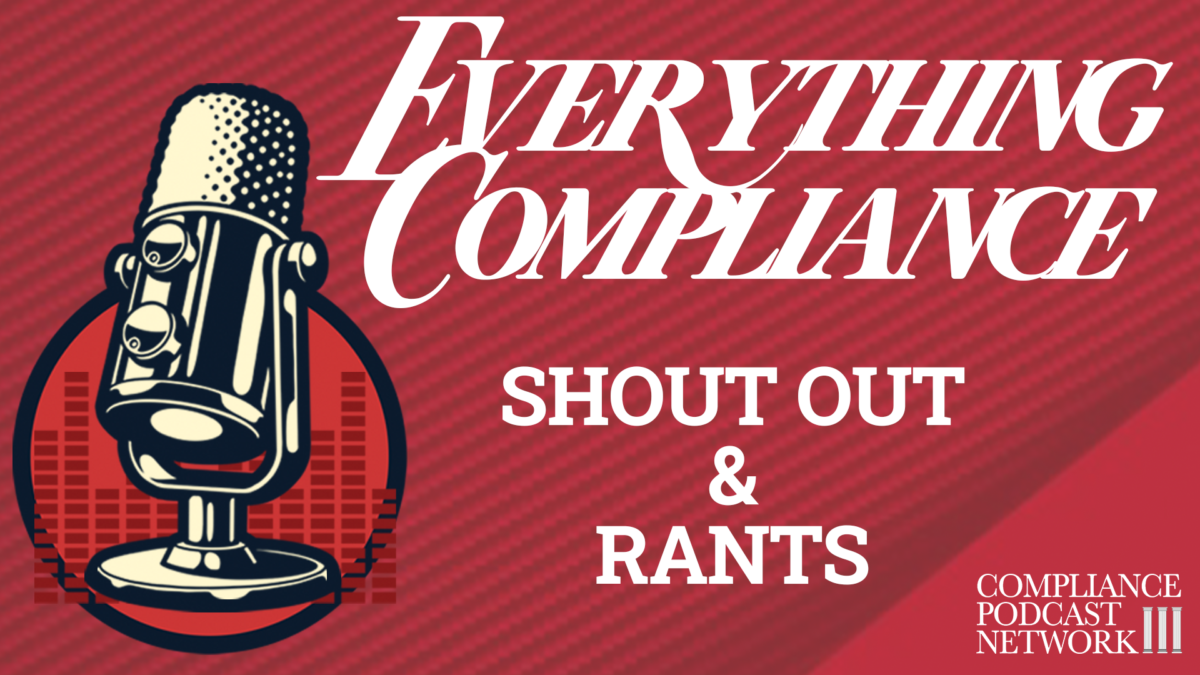
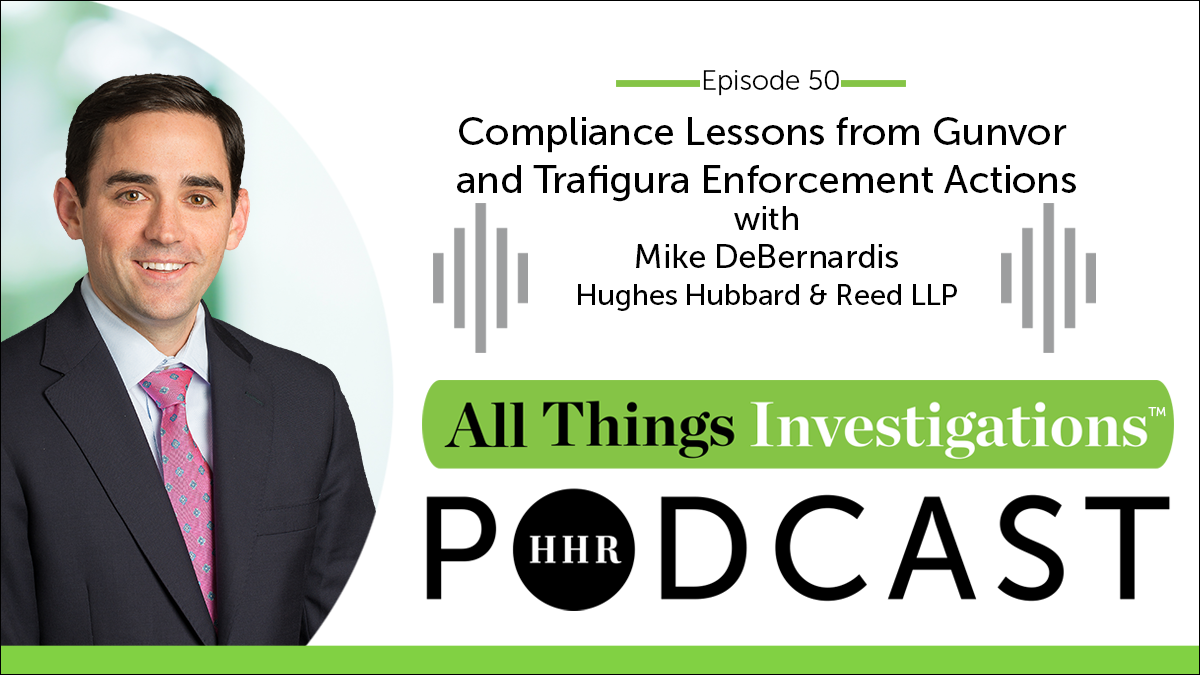
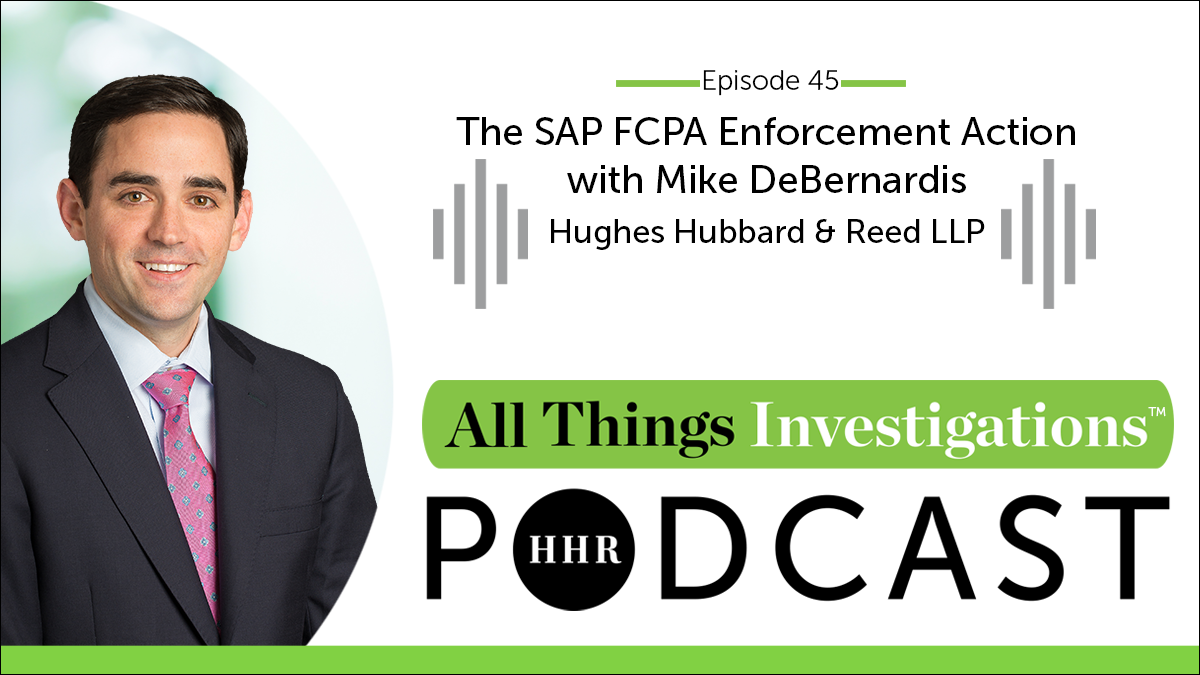
 The Walmart Enforcement action with Tom Fox and Michael DeBernardis.
The Walmart Enforcement action with Tom Fox and Michael DeBernardis. 